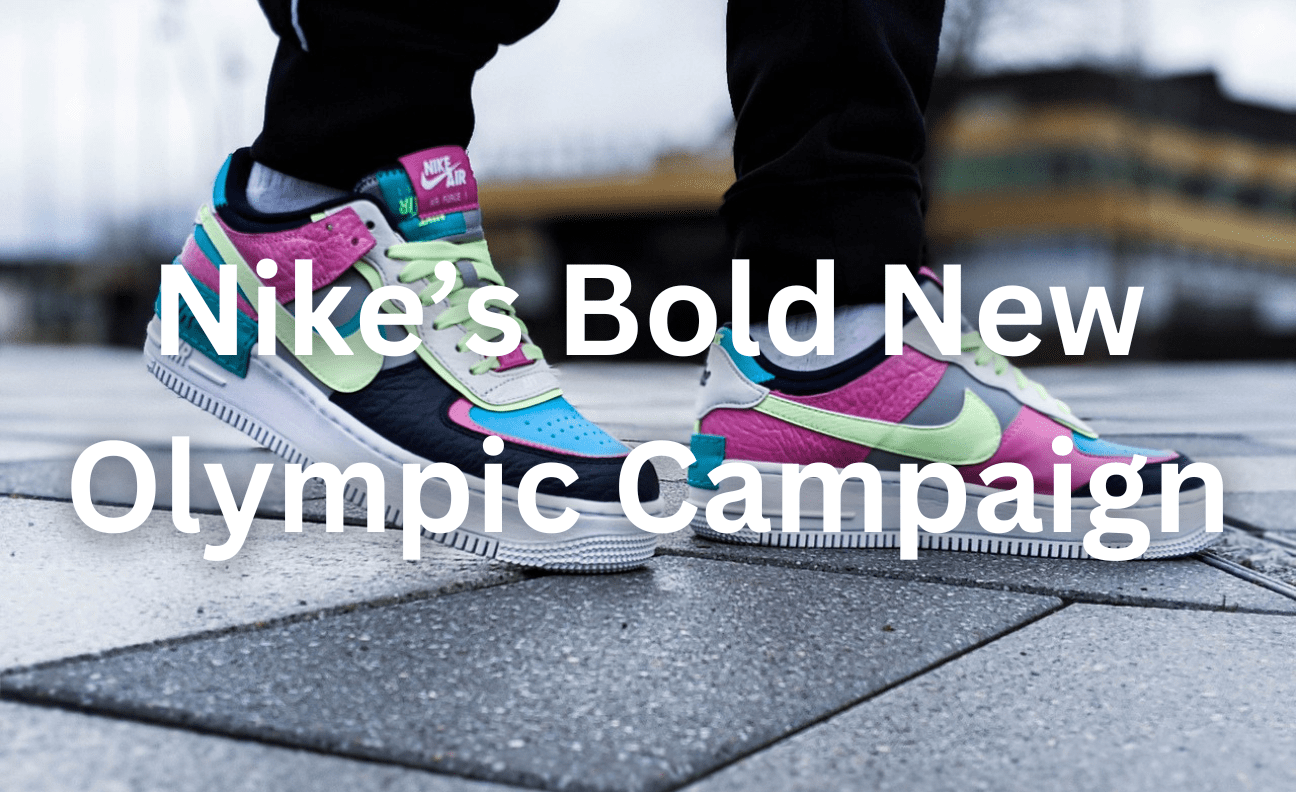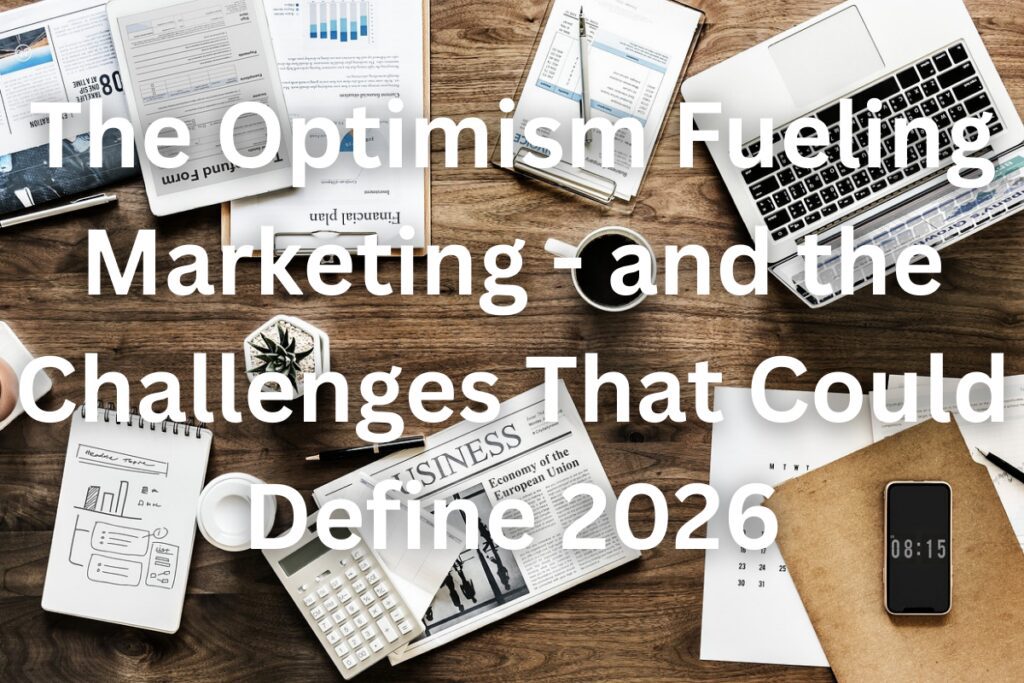As the Olympic Games have now commenced on July 26, several sponsors have embraced a feel-good approach to marketing, focusing on sportsmanship and camaraderie.
However, Nike has chosen a different path, opting for a subversive campaign that delves into qualities often perceived as negative but are frequently the driving forces behind elite athletes.
With the launch of “Winning Isn’t for Everyone,” Nike aims to celebrate the determination, grit, and sacrifices required to be the best.
Nike’s Subversive Approach
Nike’s new campaign, spearheaded by the renowned agency Wieden + Kennedy Portland, stands out for its provocative nature. The campaign is fronted by Willem Dafoe, an actor known for his villainous roles, whose energetic voiceover questions whether the drive to win makes one a bad person.
“I’m irrational, I have zero remorse, I have no sense of compassion,” Dafoe declares in the anthem spot. “I’m delusional, I’m maniacal. You think I’m a bad person? Tell me.”
The narration complements footage of sports icons performing at their peak, including LeBron James, Serena Williams, Giannis Antetokounmpo, Qinwen Zheng, A’ja Wilson, Vini Jr., Jakob Ingebrigtsen, and Sha’Carri Richardson.
The in-your-face concept aims to embody the elite athlete’s mindset, inspired by insights shared by hundreds of Nike’s athlete partners.
A Bold Statement from Nike’s New CMO
This campaign is the most significant marketing initiative undertaken by Nicole Hubbard Graham since she assumed the role of Chief Marketing Officer at the beginning of the year.
Graham succeeded Dirk-Jan “DJ” van Hameren, a Nike veteran who served as marketing chief for six years. Graham emphasises that this campaign is not just about marketing but about celebrating athletes and their winning mindset.
It’s a story about what it takes to be the best, the sacrifices, determination, and grit athletes commit to in their pursuit of greatness. Furthermore, it is about the legacies that have yet to be shaped and the dreams that will be made real. It reminds the world that there’s nothing wrong with wanting to win.
Multi-Channel Campaign Strategy
Nike’s “Winning Isn’t for Everyone” campaign spans various platforms, including social media content and out-of-home ads.
Billboards in cities worldwide feature athlete ambassadors paired with bold copy like “If you don’t want to win, you’ve already lost” and “My dream is to end theirs.” This strategy reinforces the campaign’s theme, highlighting the relentless drive and competitive spirit of top athletes.
What’s more, the campaign marks a shift in Nike’s marketing strategy, positioning the Olympics as the beginning of a journey to rediscover “sharper and bolder” marketing that focuses on athletes and key sporting moments.
This new direction is a response to the challenges Nike has faced in recent years, including over-focusing on its direct-to-consumer strategy and increased competition from upstart brands in previously dominated categories like running.
Give everything. Regret nothing.
— Nike (@Nike) July 26, 2024
As @Giannis_An34 makes history opening the parade of nations as flagbearer, see what it means to give it all. And then give even more. #WinningIsntForEveryone #Paris2024 @Olympics pic.twitter.com/ipJmv063RG
Challenges and Opportunities
Nike’s recent financial performance reflects the need for a refreshed marketing approach. The company reported a 2% year-over-year decline in revenue to $12.6 billion (approximately £9.76 billion) in its most recent financial quarter and lowered its guidance for the year.
This campaign represents an opportunity for Nike to reassert its dominance in the sportswear market by reconnecting with the core values and competitive spirit that have defined the brand for decades.
Despite the challenges, the campaign also presents opportunities. By embracing the competitive mindset that drives elite athletes, Nike can resonate deeply with its audience. The bold statements and stark visuals of the campaign are designed to inspire and provoke thought, challenging conventional perceptions of sportsmanship and success.
Athlete Insights Driving the Campaign
Nike’s decision to focus on the darker aspects of the competitive spirit was driven by insights gathered from its athlete partners.
These athletes shared their personal experiences and the psychological factors that motivate them to excel. This candid feedback informed the campaign’s creative direction, ensuring it authentically represents the mindset of top competitors.
For instance, LeBron James and Serena Williams, both featured prominently in the campaign, have long been vocal about the intense mental and physical demands of maintaining excellence.
Their inclusion in the campaign underscores Nike’s commitment to portraying the true nature of what it takes to be the best.
@serenawilliiams Unwavering focus. It’s a winner’s thing. 🔥 #WinningIsntForEveryone
♬ original sound – serenawilliiams
Legacy and Future Vision
“Winning Isn’t for Everyone” is not just a campaign; it’s a statement about the legacy and future vision of Nike. By highlighting the sacrifices and determination of athletes, Nike seeks to inspire the next generation of competitors.
The campaign aims to create a narrative that winning is a result of relentless pursuit and unwavering focus, traits that are essential for achieving greatness.
Nike’s emphasis on these themes aligns with its broader strategy to position itself as a brand that understands and champions the athlete’s journey. This focus is expected to resonate strongly during the Olympics, a time when the world’s attention is on sports and athletic achievement.
Conclusion
Nike’s “Winning Isn’t for Everyone” campaign is a bold, provocative departure from traditional Olympic marketing. By embracing the darker side of sportsmanship and celebrating the determination and grit required to be the best, Nike aims to inspire and resonate with athletes and fans alike.
Furthermore, this campaign, led by new CMO Nicole Hubbard Graham, marks a significant shift in Nike’s marketing strategy, focusing on athletes and key sporting moments to reclaim its position in the market.
As the Olympic Games have begun, Nike’s daring approach reminds the world that there’s nothing wrong with wanting to win. It sets the stage for the brand’s journey toward sharper and bolder marketing, reaffirming its commitment to the competitive spirit that drives athletes to greatness.
With this campaign, Nike not only seeks to boost its market position but also to redefine what it means to be a winner in the modern sporting world.









